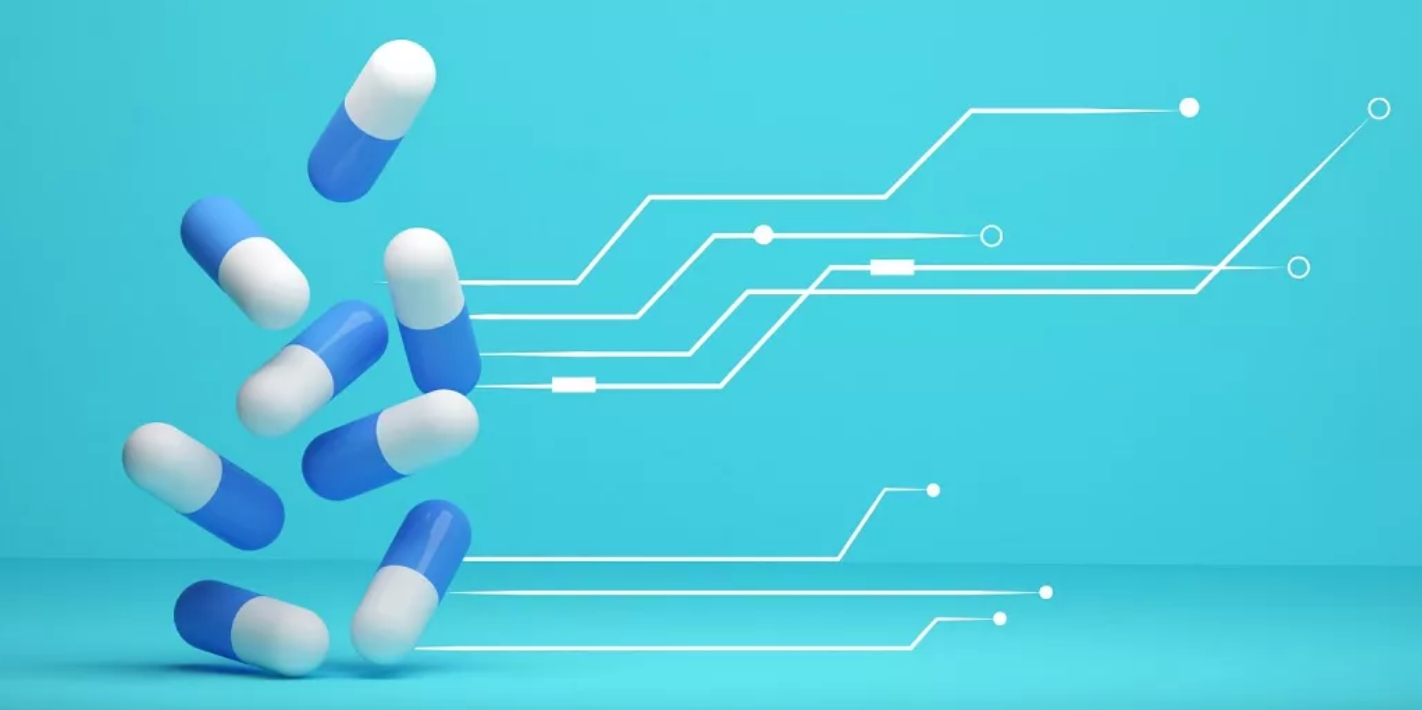
image credit- shutterstock
South Korea-based biopharmaceutical company Samsung Bioepis has published a whitepaper titled ‘Solving the Biosimilar Void in Europe’ that proposes policy recommendations to fully recognise the value of biosimilars and ensure a more sustainable market in Europe.
Biosimilars have played a significant role in alleviating the financial burden on the European healthcare system, having delivered €56 billion in cumulative cost savings across Europe over the past 11 years (2013-2024). However, the current policy environment in Europe, particularly the post-launch pathways, is misaligned to incentivise biosimilar competition. With post-marketing challenges, on top of high development costs, many biologics will not face biosimilar competition at the point of loss of exclusivity (LoE) within the next decade.
According to the whitepaper, Health Technology Assessment (HTA) needs to be tailored for biosimilars. Some countries often have oversimplified HTA requirements for biosimilars, where reimbursement decisions are solely based on price comparisons and do not take into account biosimilars’ additional benefits or where the reference biologic is not reimbursed. In many cases, HTA is relevant, but with limited guidance to properly assess the biosimilar’s value. HTA can be more streamlined and tailored to speed up the entry of biosimilars to the market.
In some countries, pricing and reimbursement (P&R) policies focus on achieving the lowest possible prices through mechanisms such as price linkage and reference pricing, thereby accelerating price erosion.
Tenders often favor a single-winner system and tend to overlook broader qualitative factors such as supply stability and quality assurance: National, regional, and local tenders should support supply diversification and fair competition through multi-winner systems, with greater transparency in communication and more periodic tender reopenings so that late entrants are also given opportunities to participate.
The whitepaper also suggests that biosimilar uptake cannot be achieved without the support of physicians and pharmacists who prescribe and dispense these medicines. Education programmes for physicians, pharmacists, and patients should be continued to support wider use of biosimilars.




